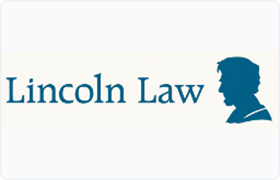Provo Workout Lawyer, Utah
Sponsored Law Firm
-
 x
x

Click For More Info:
-
Lincoln Law
921 West Center St Orem, UT 84057» view mapBankruptcy & Debt Committed to Our Clients
Lincoln Law was established to provide relief to those in debt. We've helped thousands of families regain control of their finances and live debt-free again.
800-404-0018
Ralph R Mabey
Divestitures, Workout, Bankruptcy, Bankruptcy & Debt
Status: In Good Standing Licensed: 52 Years
 Andrew Curtis Orem, UT
Andrew Curtis Orem, UT
